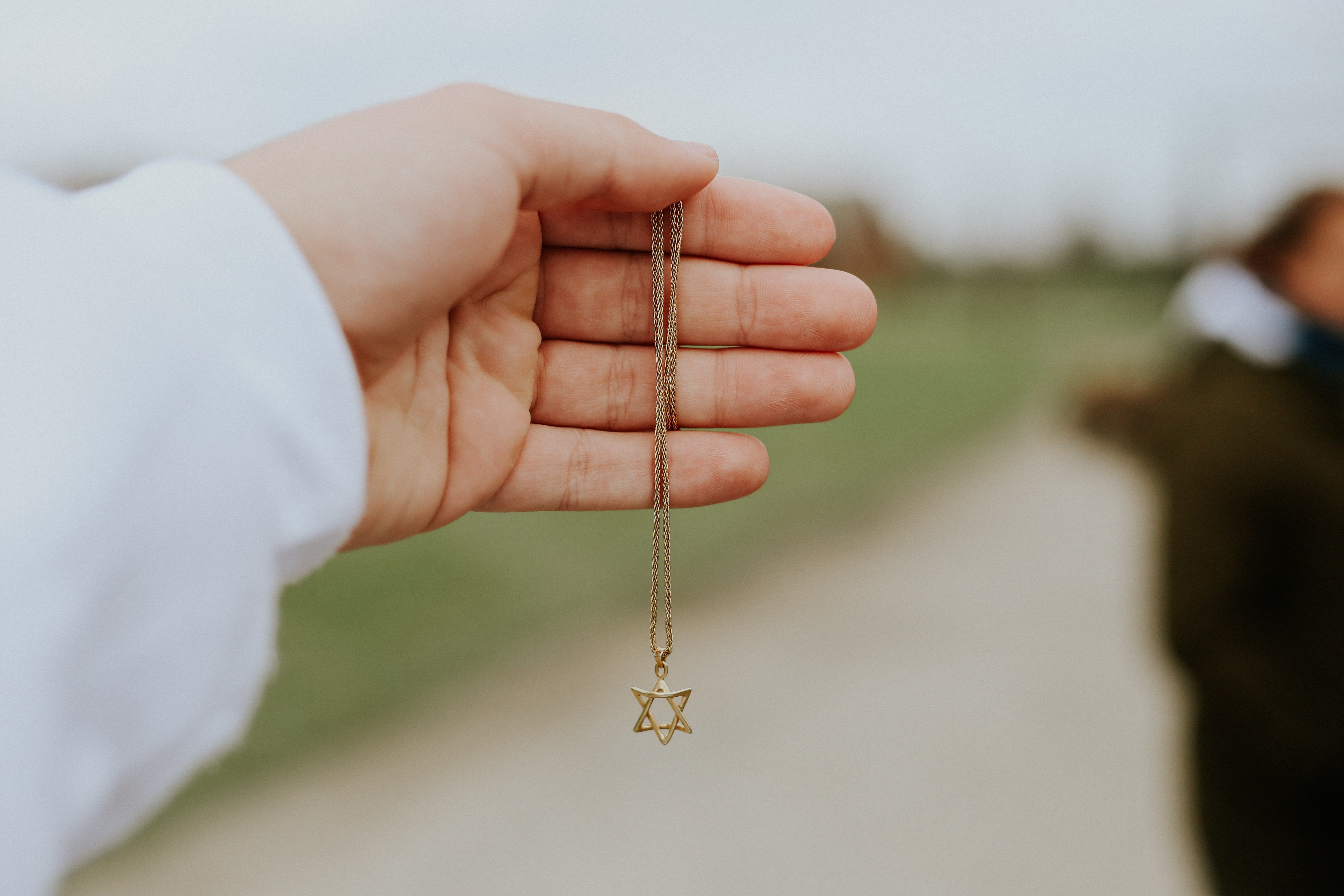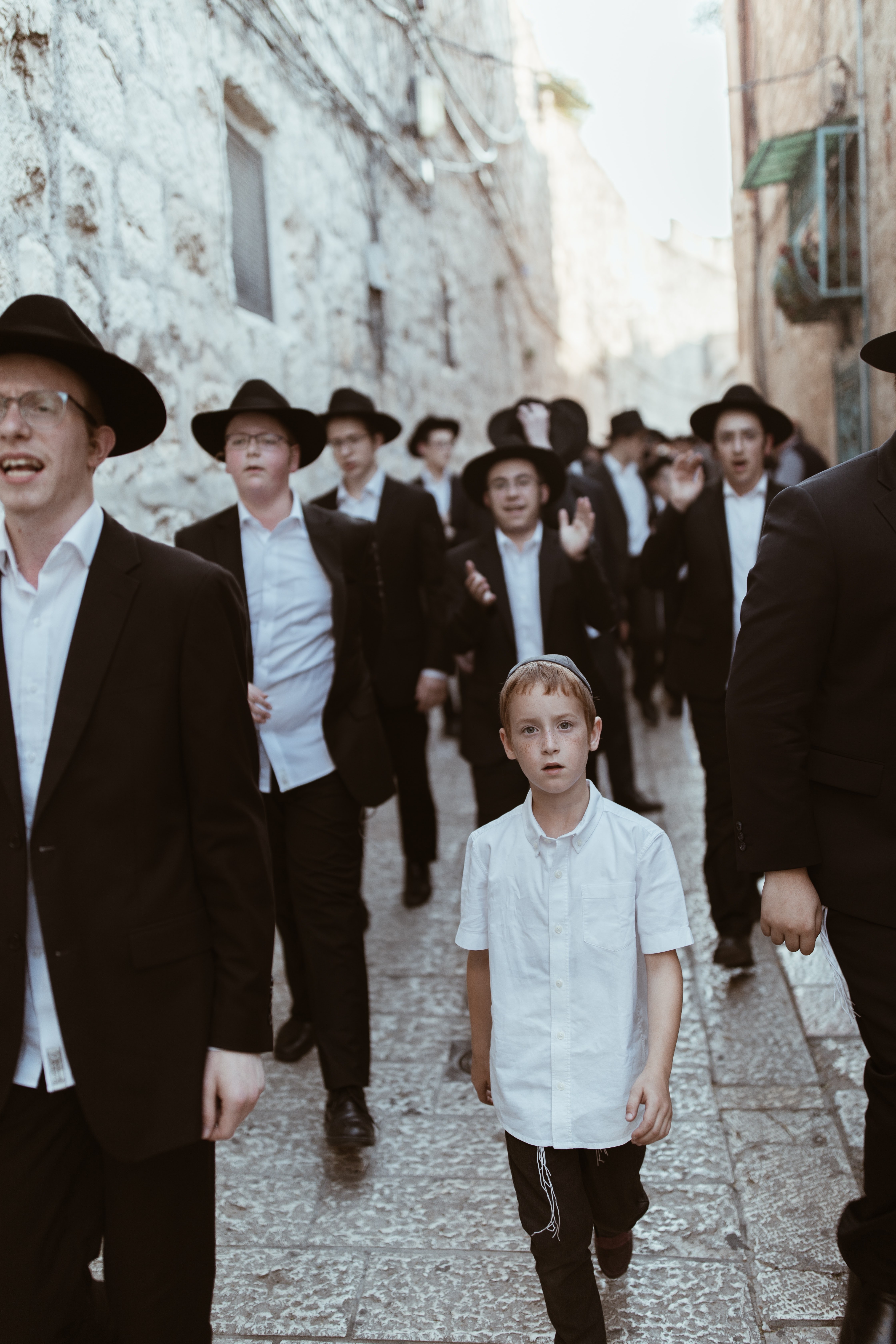Jewish Funerals
According to Jewish funeral traditions around honouring the dead, also known as k’vod hamet, the person who has died should be buried as soon as possible.
Traditionally, a Jewish funeral should take place within 24 hours of death where practically possible. Jewish funerals can be delayed due to legal or practical reasons and to avoid religious holidays.
Under the Jewish faith, burial is customary practice particularly for Orthodox and Conservative Jews however modern or reformed Jews are allowed to be cremated.
Organ donation or donating the body for medical research purposes is allowed and accepted as a good deed however post mortems are forbidden unless legally requested. In this case, a Rabbi should be present during the procedure.
Following the death of the person, a Dayan Ha’Emet prayer would be recited and a shomer, or guardian, is assigned to tend to the body from the moment of death until burial. This can be a family member or member of the Synagogue.
The person that has died will be washed and purified by members of the Chevra Kadisha (members of the same sex as the person that has died), then the body will be dried and dressed in a plain white shroud or linen. For Jewish men, they will be buried with a religious skullcap known as a kippah and a prayer shawl, known as a tallit.
The coffin should be of simple construction, ideally no brass or plastic handles with any plastic liner removed.
The Jewish funeral can last anywhere between 15 and 60 minutes, with a Rabbi opening the service by reading a eulogy followed by prayers, psalms and hymns. Once the coffin has been lowered into the ground, member of the deceased's family and friends will help to fill the grave with the soil.

Following a Jewish funeral, there will be a period of mourning for 7 days known as Shiva. A candle will be lit on the first day and left to burn throughout the week with the family remaining at home to mourn and pray. The family will not work or participate in everyday activities but visitors can attend the home during Shiva.
There is then a second period of mourning, which lasts 30 days and is known as Shloshim. The family return to their normal daily routine during this time, but will continue to recite prayers and hymns every day.
Jewish funerals do not include flowers, and it is not expected to send flowers to the bereaved. A donation is instead encouraged.
Mourners are expected to wear formal and modest clothing and depending on the branch of Judaism, the men may be asked to cover their heads.








